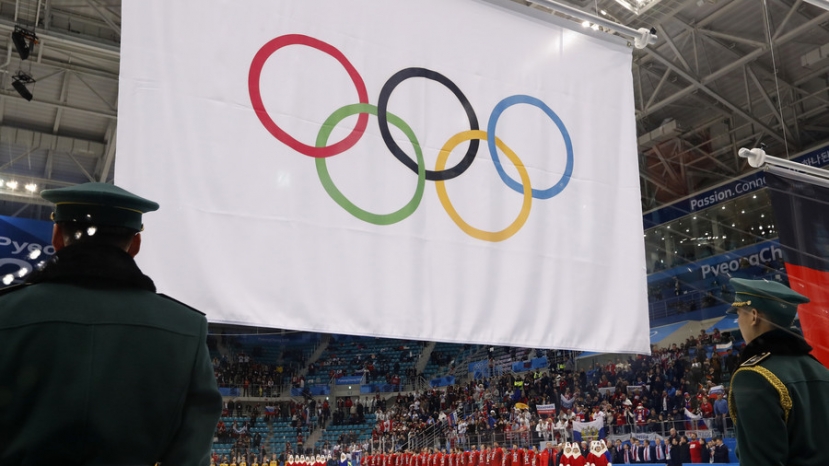Sanctions and punishments? Well, they don’t work
26.02.2018 17:46
 Sanctions and punishments? Well, they don’t work
Sanctions and punishments? Well, they don’t work
There’s a strong resemblance between sanctions Russia faces since 2014 in trade and commerce – and “sanctions” applied against Russia before and during the Winter Olympics in PyeongChang.
In both cases sanctions were introduced by international bodies under strong US influence (we’re talking the EU here, of course).
In both cases the Russians (not the Kremlin – ordinary Russians!) flat refuse to recognize their culpability for the crimes they are accused of committing.
And in both cases sanctions singularly failed as an instrument of punishment and change.
Let’s start with the Olympics and use the ancient and noble sport of cross-country skiing as an illustration.
Either because cross-country skiing is the most “metal-heavy” sport at the Olympics (12 sets of medals found their owners at PyeongChang) or because the sport is traditionally popular in Russia, but it’s the Russian skiers who had to go through moral hell on the road to Korea.
At first pretty much the whole of A-team, led by the Olympic champion of Sochi Alexander Legkov was suspended for almost a year. Then they were stripped of their titles by the special IOC commission – just to be returned their medals and good names by the Court of Arbitration (CAS). Still, the IOC refused to budge and never allowed the Russian Sochi heroes to appear in PyeongChang. Ditto for the world’s best skier of 2017 and hot Olympic favorite Sergey Ustiugov – in his case without any explanation.
Russia at the end had to field a team of largely untested (at least not till this season) youngsters.
The result? The Russians went on to win eight medals in the sport of narrow skis, with 21-year-old Alexander Bolshunov making history by winning a medal in each of the races he entered. And the home fans went ecstatic.
Go ahead, ask these young Russians whether they accept that their country runs a “system of state support doping”! They would remind you that they – as well as their older teammates who were denied the Olympics – spend 10 months a year in Europe, where they are being doping-tested almost weekly by WADA officers.
There’s always a die-hard skeptic who would grumpily suggest that “Russians just have learned how to hide it better.” But a vast majority of international specialists, administrators and sportsmen themselves have long been convinced that there simply is no black cat in that virtual dark room built by those who want to see the Russians as bogeymen.
Don’t forget to ask victorious Russian hockey players singing the (banned at the Games) Russian anthem after winning the Olympics – do they feel somehow ashamed of any wrongdoing by their country?
If the Russians flat refuse to admit to any wrongdoing on their part, and the majority of observers are taking their arguments rather than those of their accusers, then what’s the point?
Exactly the same question should be put to those Western politicians who are regularly renewing economic sanctions against Russia – and to the mainstream media relentlessly spinning stories justifying that hardline approach
There are two possible answers:
Either those who come up with ideas of ‘punishing Russia’ – be it in sport or in commerce & trade – belong to a rare and extreme sect that believes that the ‘guilty-as-charged’ principle should always be applied.
Or they are but a bunch of cynical bastards who somehow think that they shall always come out on top – refusing to recognize that the game has changed.
Now it’s become a game of the 'zero-sum' variety, where the losses of the other side are always going to be balanced eventually by the losses of perpetrators. Sanctions and 'punishments' simply don’t work anymore.
